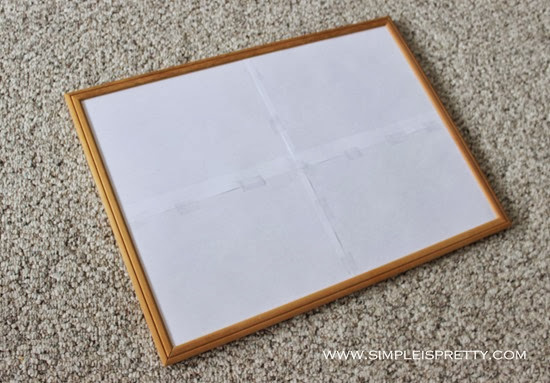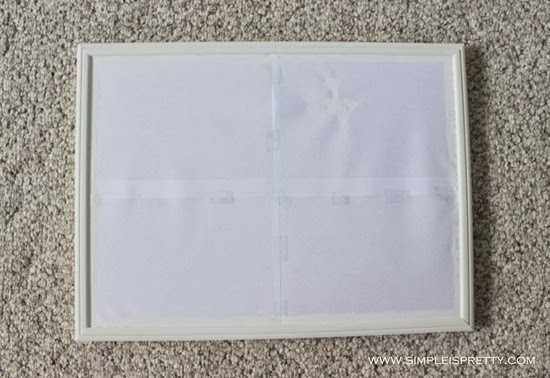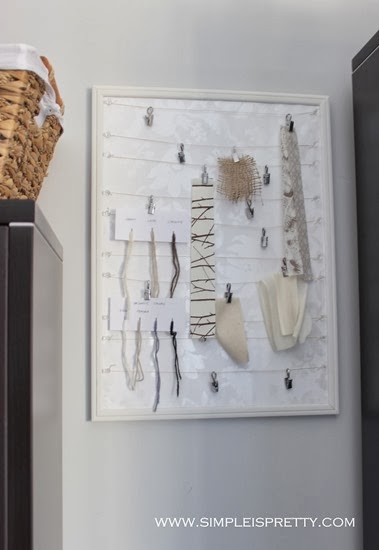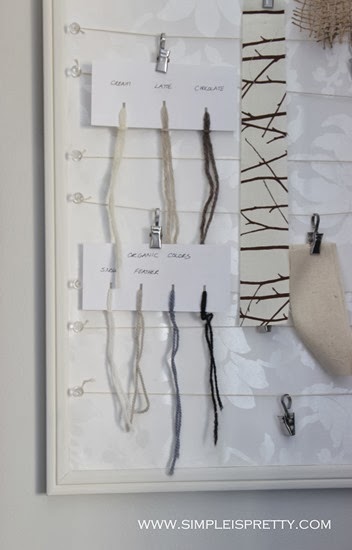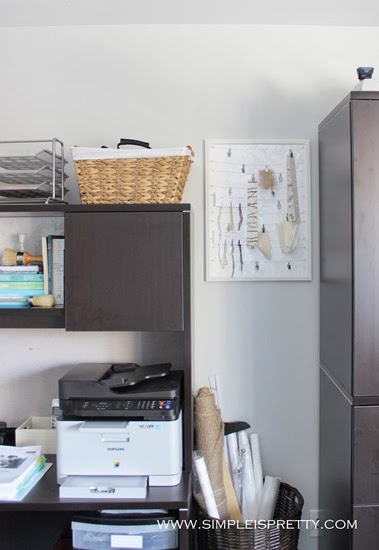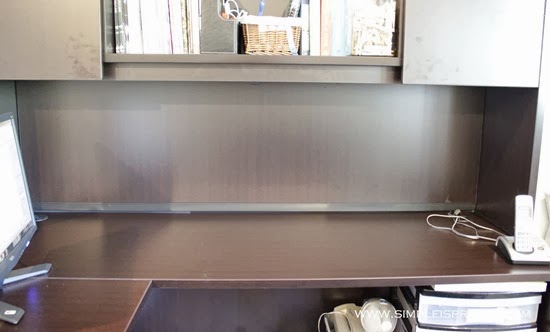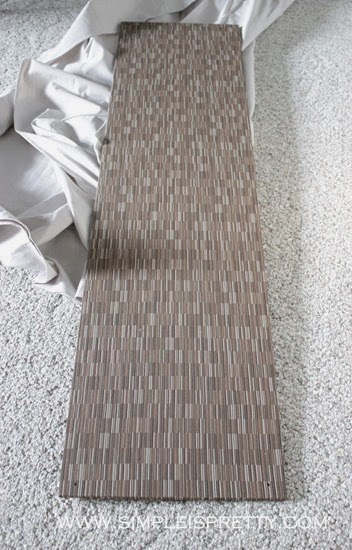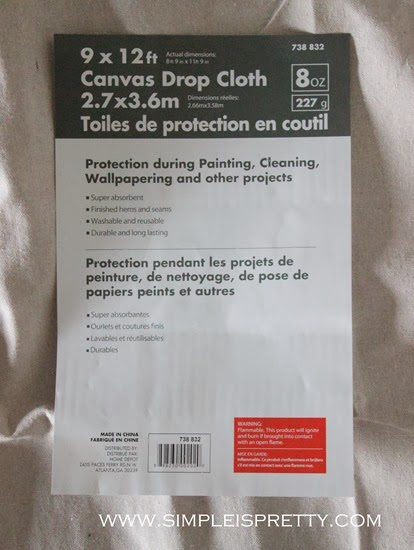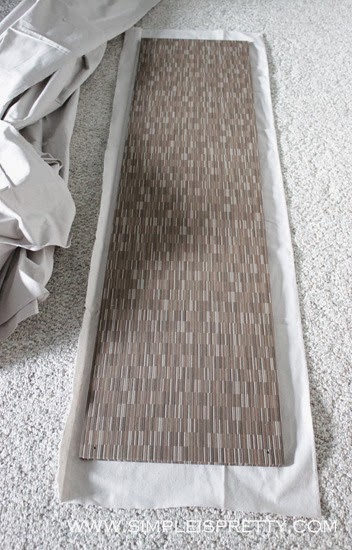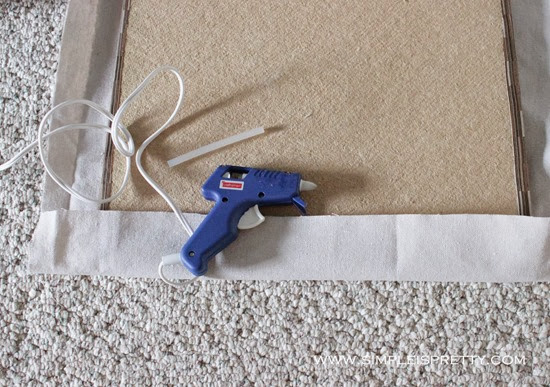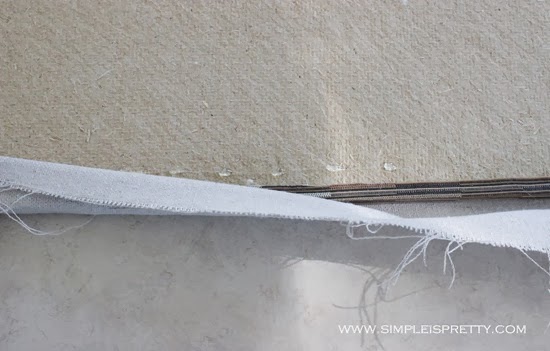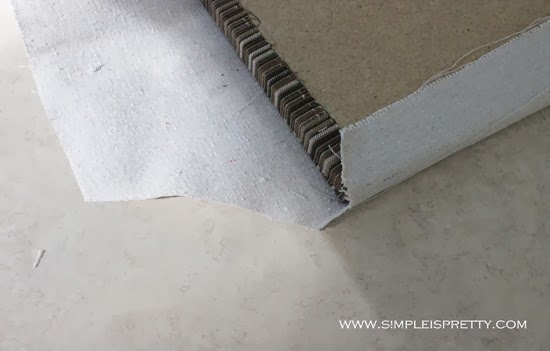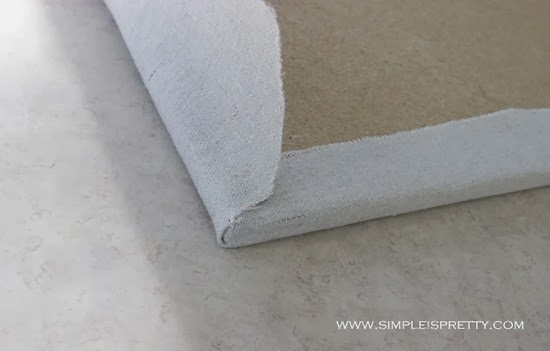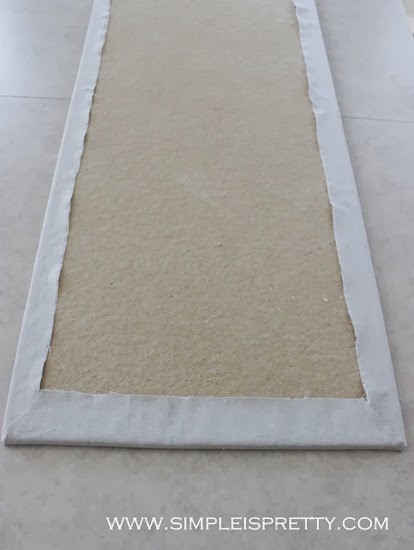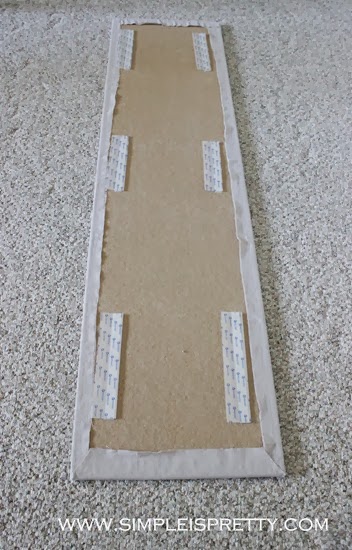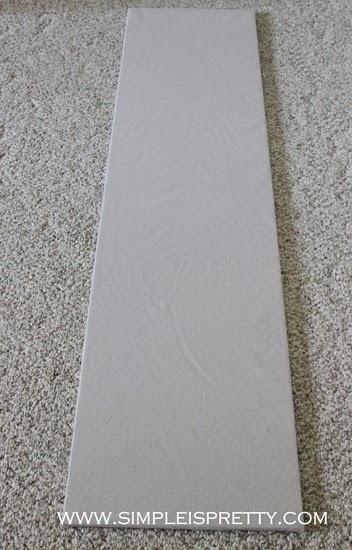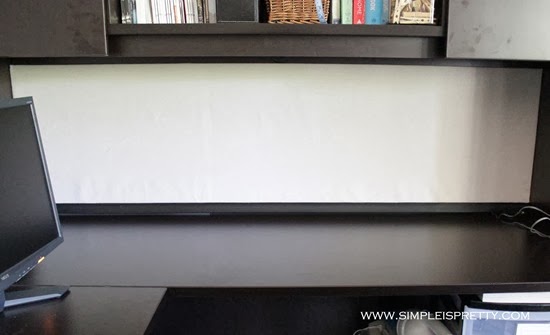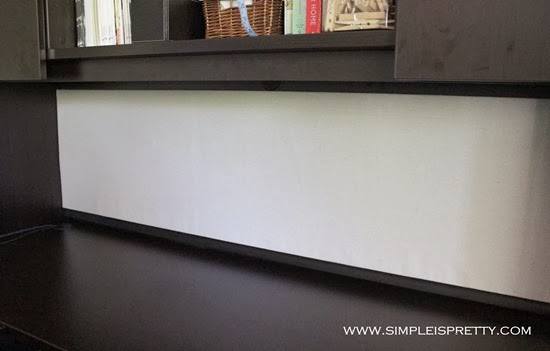I have wanted to make my own light box or light tent for a while now. Since they are so expensive to buy, I wanted to try to make my own inexpensive version of a light tent.
I finally found a light box tutorial that would work for me. Be sure to check out
Cara’s blog to find out how she made hers. I used Cara’s light box for inspiration and also used the
instructions she linked to in her light box post.
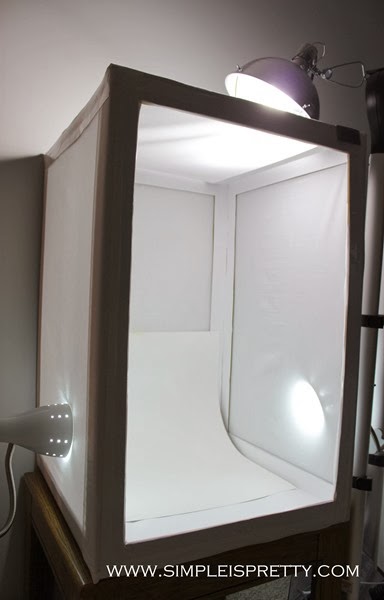
Here is what I used:
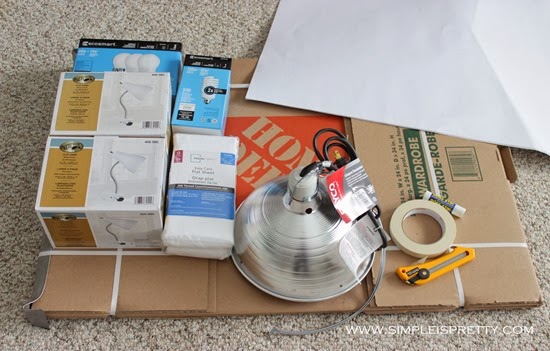
-
1 Cardboard box, I used an unused wardrobe box I had left over from the move. it is 24” x 24” x 34”.
-
Scissors and exacto knife
-
Tape (masking tape and I also used white duck tape)
-
Glue stick
-
White Bristol board or poster board, I used 3 sheets to cover the inside of the box and one sheet to place as the backdrop.
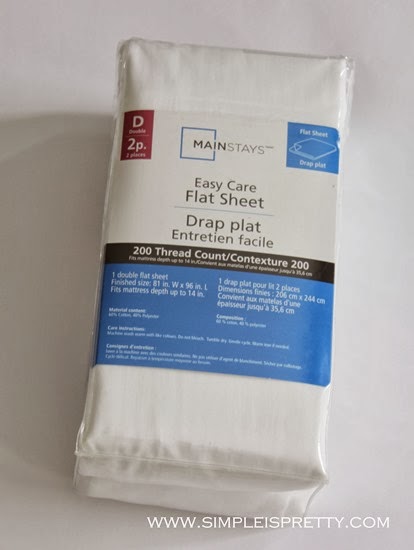
-
Fabric, I used a bed sheet from Wal-Mart, on sale for about $8.00
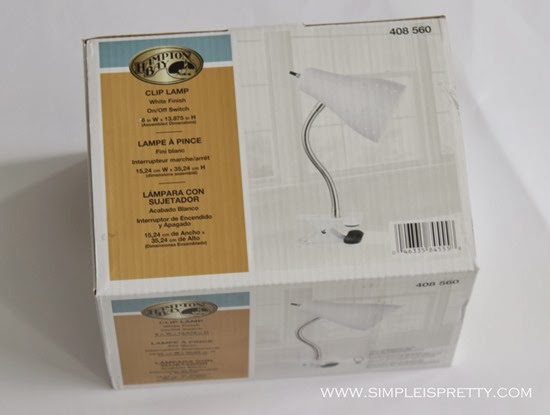
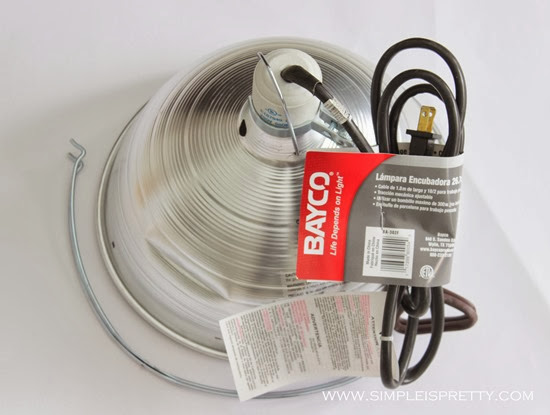
-
Lights, definitely the most expensive part of the light box. I had trouble finding the lights I wanted. I originally wanted 3 smaller reflector lights, similar to the large reflector light I ended up purchasing. But unfortunately, Home Depot was sold out. They only had one large clamp light (300 watt max) left, which I snagged. Then, I also purchased 2 small clip lights (60 watt max).

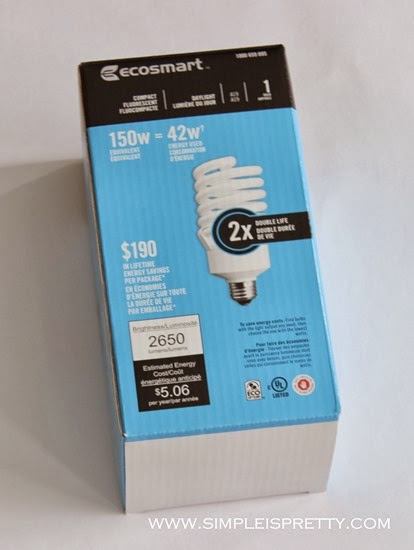
-
Light bulbs, also can be expensive. I used two 60 watt, daylight (6500K) compact florescent light bulbs in the clip lights. I used one 150 watt, daylight (6500K) compact florescent bulb in the large clamp light.
Here is how I made my light box:
I measured 2” from all edges, marked with a pencil and cut large holes in the four sides of the box, leaving the 2 inches along the edges of the box intact. I didn’t cut anything on the bottom and I cut off the flaps of cardboard that make the top.
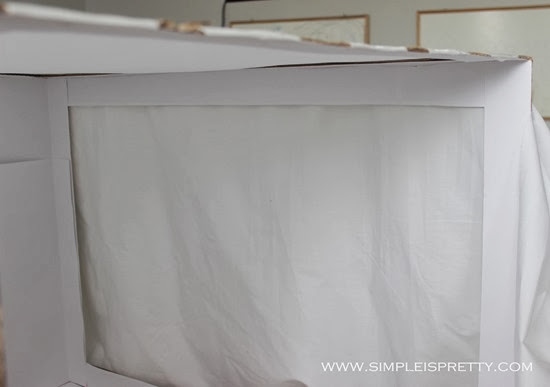
Next, I lined the inside with 2” strips of white Bristol board, gluing them to the inside of the cardboard box.
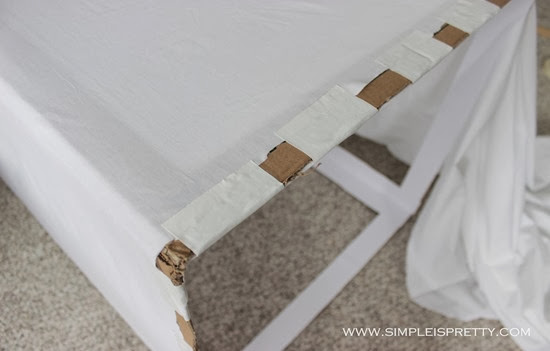
After I finished lining with the Bristol board, I started to attach the fabric. I ironed the bed sheet to get most of the wrinkles out. I tacked the fabric to the box using masking tape then I used white duck tape to fully secure it.
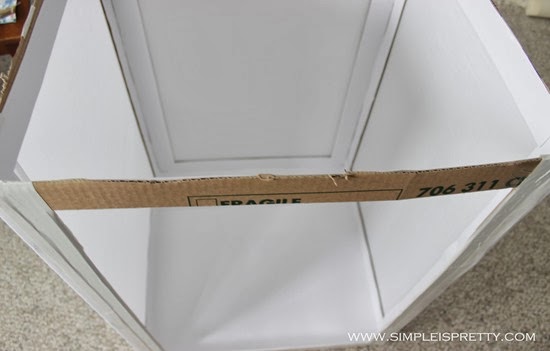
I left the top until last. I attached the fabric the same way as on the sides.
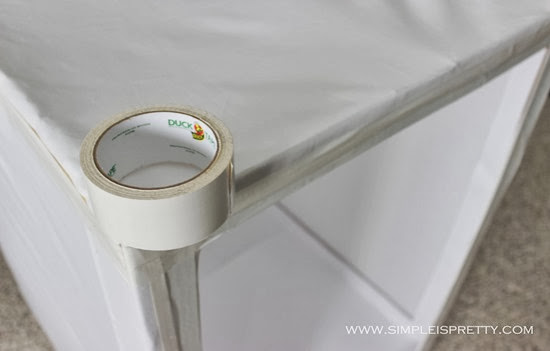
The duck tape worked really well to attach the fabric. Plus the white duck tape covered up the cardboard box so no writing was showing and the whole box was white.
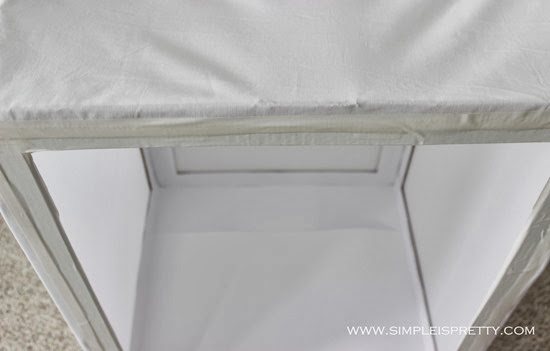
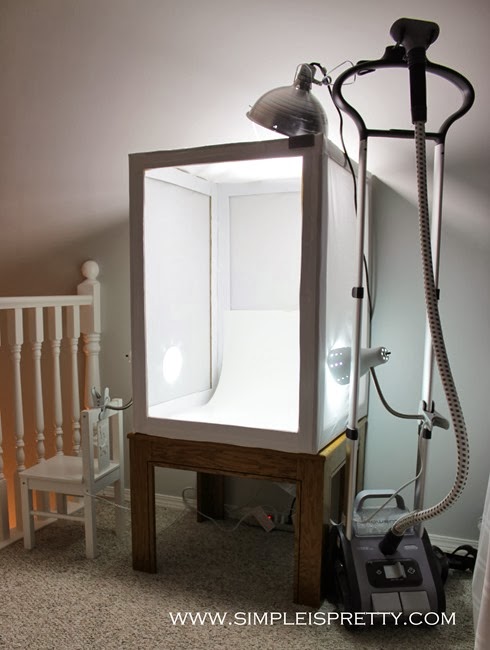
Next, I needed to install the lighting. Tricky. I used a coffee table we had stashed downstairs to place my light box on to make it easier to take pictures. I’d like to have something more permanent, but for now my steamer is holding up 2 lights and the kids’ chair is holding up the other light on the opposite side.
Since the large clamp light doesn’t have an on/off switch, I plugged all the lights into a power bar. This way, I only need to turn on the power bar and all 3 lights come on.

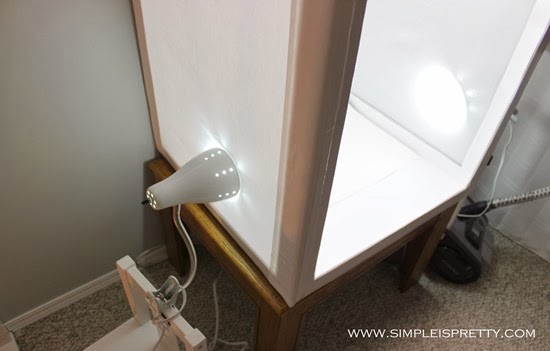
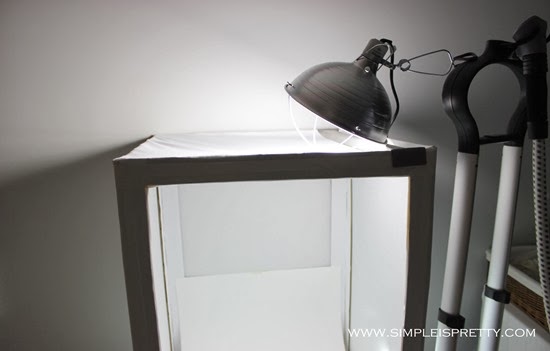
I used the metal piece that came with the wardrobe box to place across the top of the box so the large clamp light could lean on it and not touch the fabric.

So far the light box is working GREAT, last
night I was able to take some photos for
my shop. I never would have been able to do that before! I was always waiting for the perfect sunlight during the day, which really limited when I could take photos. Now I have a lot more freedom!
UPDATE:
Here is how my
light box looks currently.
I clipped both the bottom lights to the table below the light box, and they are working well there. I added a 4th light, which has also helped to decrease shadows.
As Always,
Sandra
I shared this post at
A Bowl Full of Lemons,
Clean and Scentsible,
Morganize with Me,
Satori Design for Living
